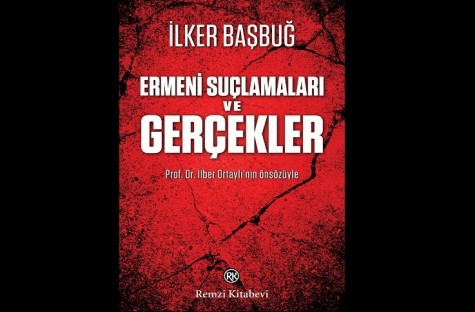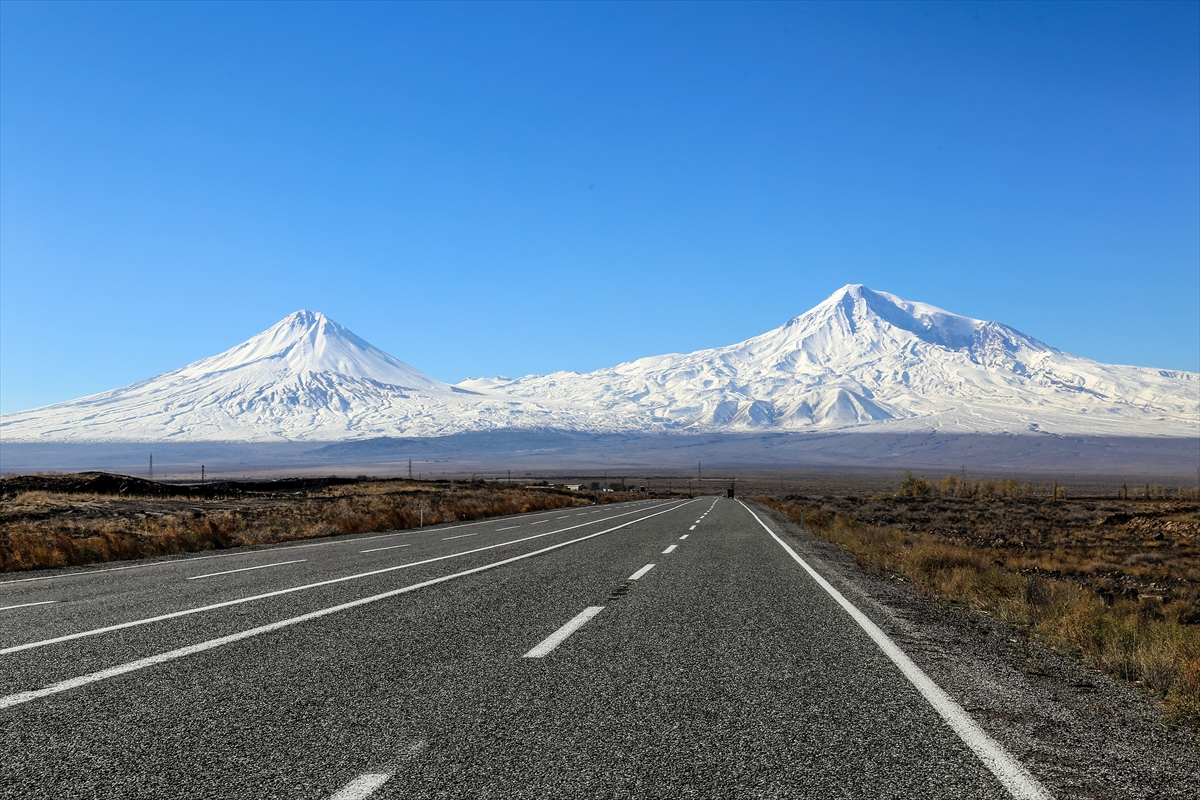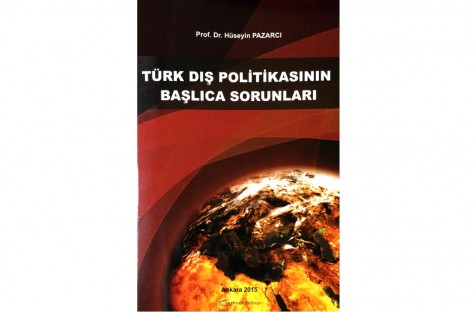On 22 April 2010, by putting forth that Turkey is not ready to continue the process of normalization of relations that was started and to move forward without preconditions, and that the reasonable timeframe have, in their opinion, elapsed, Armenian President Serge Sarkisian has stated that Armenia has suspended the procedure of ratifying the Turkish-Armenian Protocols. There is no doubt that this action of Armenia is a step taken back in the normalization process between the two countries. However, Armenia has not been criticized by Russia, the U.S. and the EU countries for this decision; on the contrary, Armenia not rejecting the Protocols has been perceived as a merit. While the Protocols have remained at the background of Turkey’s and the Turkish media’s agenda after this date, this tendency has not been observed in Armenia. On the contrary, President Sarkisian and Foreign Minister Nalbandyan have continued to criticize Turkey and Azerbaijan at every opportunity. For instance, in an interview delivered to Ria-Novosti Press Agency at the end of April, President Sarkisian had expressed that Armenia has not entirely closed the doors on the Protocols, but that genocide allegations could not become a matter of discussion, because it has already been examined enough and has been based on documents. Furthermore, he has stated that the issue of abolishing the consequences of genocide (such as returning of properties to Armenian descendants of those being relocated, giving compensation to them) could be addressed. No provision exists in the Protocols related to these matters; essentially, these types of issues have been resolved with the Treaty of Lausanne. In this situation, the matters brought forth by the Armenian President are totally unacceptable for Turkey and is actually an indication that Armenia does not really embrace the Protocols anymore. In his contacts in Brussels with authorities of NATO and the European Union towards the end of May, President Sarkisian has also mentioned Turkey and the Protocols. First, he has expressed that Turkey has left no other choice for them but to freeze the ratification process of the protocols by putting forth preconditions and breaking the agreed terms. Then, he has indicated that Turkey has ruined its reputation of being a reliable partner. Moreover, he has stated that Armenia would only be glad if Turkey could meet all the standards for EU membership as this means dealing with a more reliable and stable country with values close to theirs. In short, the Armenian President has claimed that Turkey, as an unstable and irresponsible country, is below the standards for EU, while Armenia is closer to these standards. Much could be said about Armenia’s standards. Let us address one of them and settle with only indicating that based on reports of international organizations, fraud has taken place in all Armenian elections, including Presidential elections. In another speech delivered to representatives of the Armenian community in Brussels, President Sarkisian has stated that recently, Armenians have become a target of promulgation of hatred, when a leader of a neighboring state says that the Armenians must be deported for the sole reason that they are Armenians, he cannot but help to remember what happened in 1915, and that in Rwanda similar statements have paved the way for violence. It could be understood that the Armenian President has referred to Prime Minister Erdoğan’s statement that Armenian citizens working illegally in Turkey could be sent back to their country, but that this has not taken place due to humanitarian considerations. Considering sending illegal workers in Turkey back to their countries as some kind of deportation is an exaggeration which is impossible to accept. Azerbaijan has also received their share from Sarkisian’s fierce statements. Sarkisian who has put forth that from another state they hear constant threats of war, has also expressed that just like in the Ottoman Empire, the Armenians were perceived as an alien entity, disturbing and useless which must be gotten rid of through the massacres. In relation, Sarkisian has also stated that Armenophobia is a mentality, its dissemination is a state policy, and Armenophobia today is one of the most basic manifestations of misanthropy. An exaggeration impossible to accept is seen here also. Despite the genocide allegations, all discourse and activities in Armenia and the Diaspora against Turkey and Turks, and even the Armenian terror targeting Turkish diplomats, it is not possible to say that an Armenian hostility exists in Turkey. These words of the Armenian President show that he feels much doubt and insecurity, far from being normal. In the beginning of June, in Rostov-on-Don in Russia, Serge Sarkisian met with Russian President Dmitri Medvedev and had a meeting with local Armenians. On this occasion, the Armenian President said that Turkey is not ready to ratify the protocols, it constantly brings forward new preconditions, it tries to penetrate into the Karabakh issue, which obviously has nothing to do with them, and he added that at this moment, Armenia has nothing to talk about with an unreliable partner who constantly breaks the agreements reached. These statements of the Armenian President have drawn criticisms in Turkey. Foreign Ministry Spokesman Burak Özügergin has stated that such harsh statements would neither help Armenia nor the process of normalization itself and that Turkey has a regional vision that focuses on the normalization process and the solution of the Karabakh problem, which also aims to create stability and welfare in this region. However, evidently, the Armenian President does not have a regional vision. It could be seen that its sole purpose, with the help of the Diaspora, is to open the Turkish border without any preconditions and to maintain their present position on the Karabakh issue as much as possible. In our following article, we will touch upon what Armenian Foreign Minister Edward Nalbandyan has stated relating to these issues.
© 2009-2025 Center for Eurasian Studies (AVİM) All Rights Reserved
EXPECTATION OF CONDOLONCE
 BOOK REVIEW: ARMENIAN ALLEGATIONS AND FACTS (ERMENİ SUÇLAMALARI VE GERÇEKLER)
BOOK REVIEW: ARMENIAN ALLEGATIONS AND FACTS (ERMENİ SUÇLAMALARI VE GERÇEKLER)
 AGOS AND THE EMPHASIS ON “ARARAT”
AGOS AND THE EMPHASIS ON “ARARAT”
 BOOK REVIEW: “TÜRK DIŞ POLİTİKASININ BAŞLICA SORUNLARI” (MAJOR ISSUES OF THE TURKISH FOREIGN POLICY)
BOOK REVIEW: “TÜRK DIŞ POLİTİKASININ BAŞLICA SORUNLARI” (MAJOR ISSUES OF THE TURKISH FOREIGN POLICY)




























